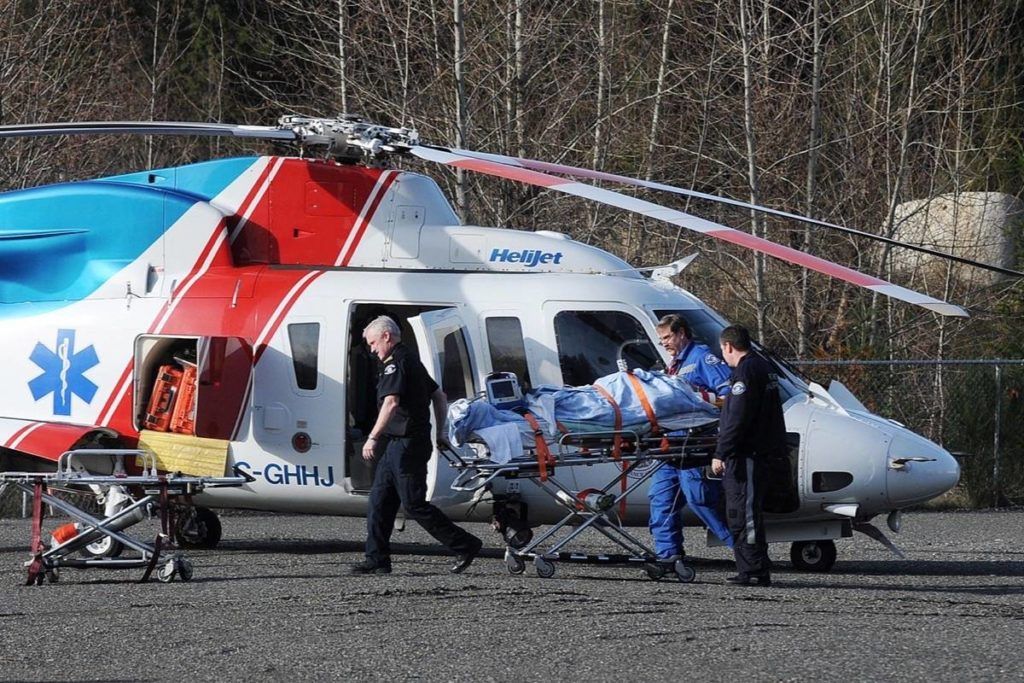What happens when your summer sports adventure becomes an emergency? Whether it is an accident while hiking, horseback riding, zip-lining, or water-skiing, your exhilarating experience might end up being a rescue operation. Here is what you need to know about getting travel insurance before you embark on potentially dangerous activities.
Air, Sea, and Ground Emergencies
Some outdoor summer high risk activities or extreme sports can go sideways, or even straight down! Rock-climbing, bouldering, and alpine climbing come to mind. Mountain biking, trail riding, motor-cycling, ATV quad riding or racing can result in accidents. Ground ambulances can take injured athletes to hospitals though depending on the distance, they can result in an expensive ride. For accidents that occur high in the mountains or on high slopes, helicopter ambulances are deployed and understandably, they are much more expensive. Water-skiing, surfing, or boating accidents would necessitate a boat ambulance to bring you to a hospital. If you are considering high risk activities, you need to understand the different types of ambulance services and their coverage.
You could experience a medical emergency from a low risk hike too. One Canadian couple embarked on a hike in California, spotted some mushrooms that looked familiar and safe to eat. So they ate them, and became seriously ill. By the time an ambulance took them to the nearest hospital, Kevin was in critical condition and Lisa was not far behind. They ended up staying in hospital for a week. As Canadians, they were shocked by the bills. Lisa’s was $93,844 CAD and Ken’s was $143,736 CAD. Fortunately, their travel insurance covered all their medical bills!
Canadian travelers to the US often prefer to be transported by air back to Canada for treatment rather than staying to receive medical treatment in the US. Ken and Lisa didn’t have that option because of how ill they were.
Most travel insurance policies have separate coverage for emergency transportation via ground ambulances, and emergency air transportation.
What if it’s not a medical emergency?
There is also “remote location evacuation” for non-emergencies in remote locations. If you were in a remote location and there was an avalanche, a mudslide, flood, or a forest fire, you would need to be evacuated but not for medical reasons. Make sure your travel insurance covers remote evacuation if you are heading to a remote area.
Get the right travel insurance for your trip!
At Health Risk Services, we can advise you in choosing the travel insurance plans that cover you and your family members for your adventure in another province, or in another country. We are thorough in asking questions about your activities and locations so we can determine the risks and potential difficulties you might encounter. Depending on your trip, you can obtain travel insurance for a range of risks including flight delays or cancellations, lost baggage, and medical care, if you require it while you are away from home, even if you’re in your own province. Even if you are taking a road trips within your province or to another one, Health Risk Services can help you choose the insurance that makes sense for your trip. Before you pack your suitcases, give Health Risk Services a call and we will help you get the travel insurance coverage you need.
To schedule your Complimentary Consultation with Health Risk Services, please call 403-236-9430 OR email: [email protected]













